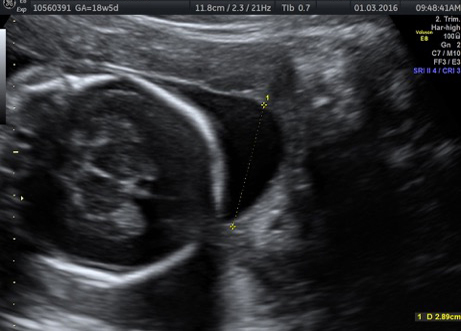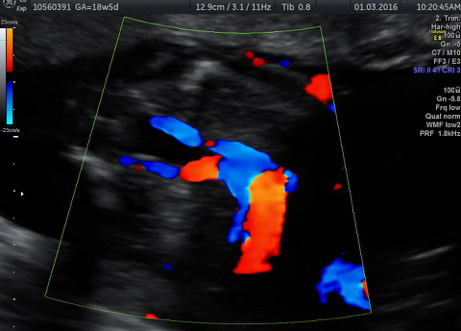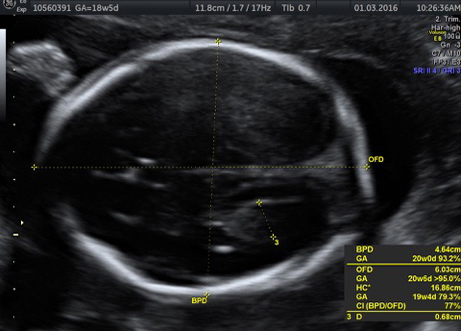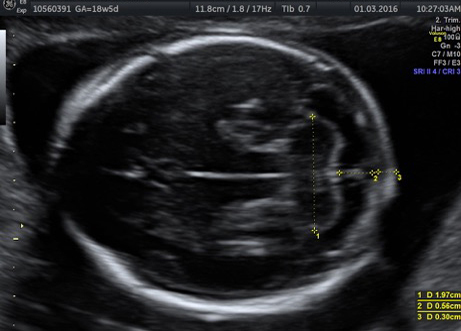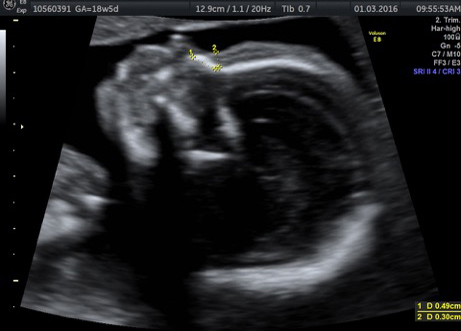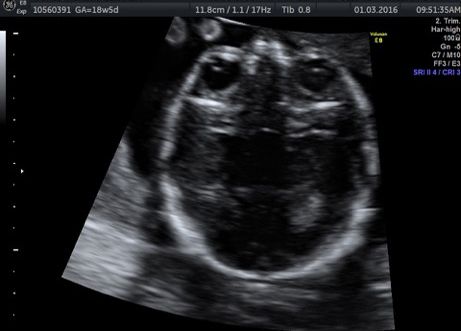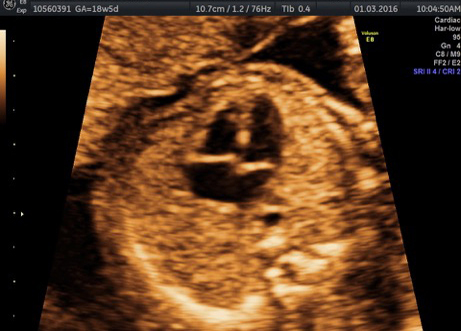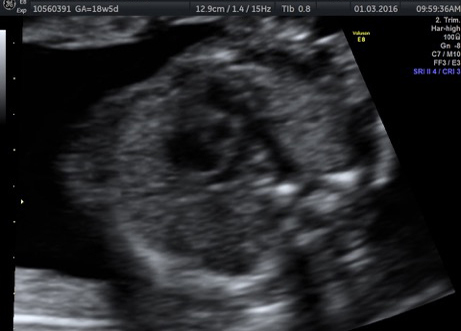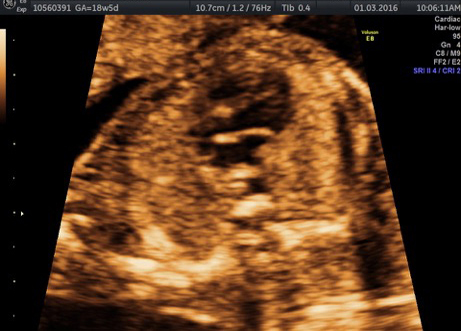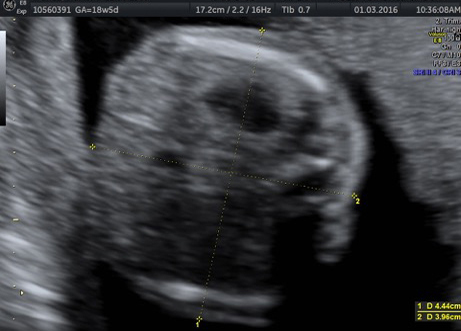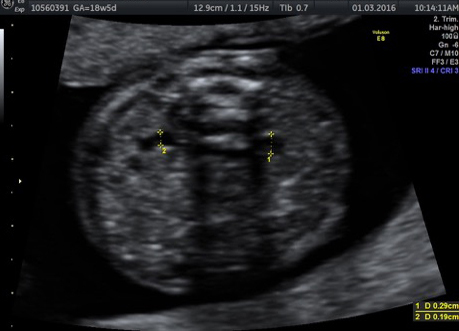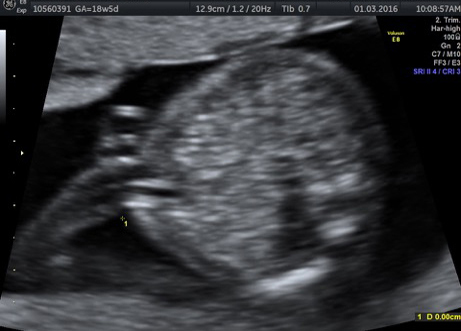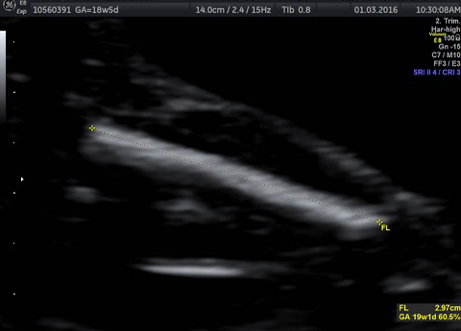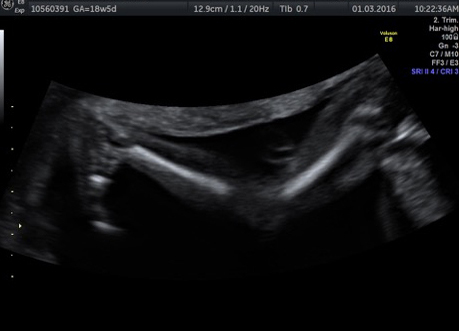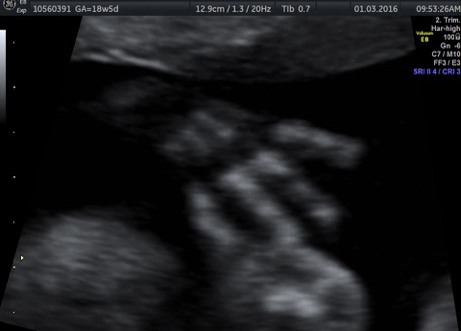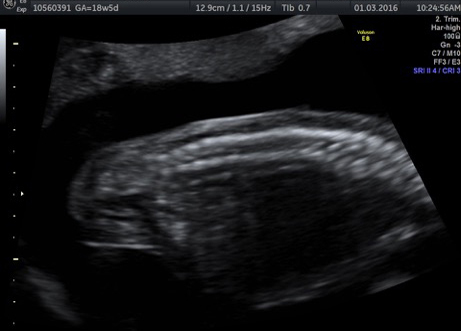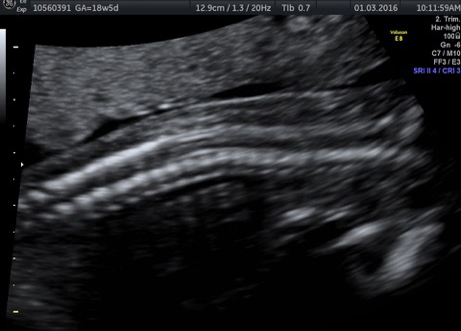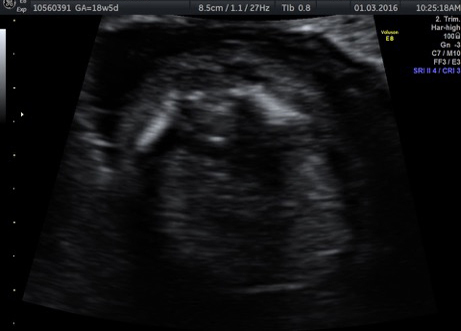In prenatal hydronephrosis, the fetus’s urine backs up and causes swelling of the kidney. The condition may be caused by a number of factors, particularly blockage of the urinary tract or reflux (backward flow) of urine.
Males are four to five times more likely to develop hydronephrosis.
Hydronephrosis generally is diagnosed during routine prenatal ultrasound, usually after the fourth month of pregnancy. If the condition is detected, follow-up ultrasounds may be needed.
Mild cases are fairly common and have little or no effect on the fetus or baby. Most require no treatment except observation. More serious cases may require surgery after birth to repair an obstruction or reflux.
In rare instances, hydronephrosis may limit the flow of urine enough to decrease amniotic fluid below safe levels. If this occurs, fetal surgery may be needed to drain the urine from the fetus’s bladder so it can drain into the amniotic sac.




